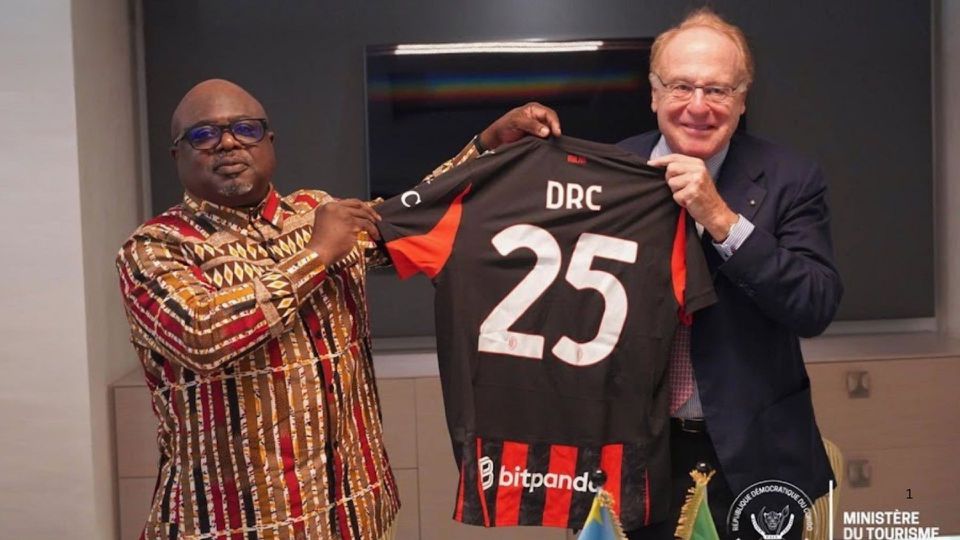Barcelona’s €50 million partnership with the Democratic Republic of Congo (DRC) has ignited a storm of debate across both Africa and Europe. Under the four-year deal, Barcelona’s training kits will feature the slogan “DR Congo – Heart of Africa,” with additional plans for youth training camps and a cultural showcase at the Camp Nou. While the initiative is being promoted as a rebranding effort for DR Congo and an opportunity to promote tourism, critics argue the move is poorly timed and politically insensitive.
1. The €50M Price Tag During a National Emergency
At the heart of the uproar is the cost of the agreement. Spending €50 million on international branding while millions in DR Congo continue to suffer from poverty, insecurity, and internal displacement has raised serious questions about the government’s priorities. In the eastern regions, communities are still grappling with ongoing violence from rebel groups. Many citizens argue that the funds could have been better used to rebuild infrastructure, support the domestic football league, or improve access to healthcare and education. The timing of the announcement has only intensified frustration, with public sentiment leaning toward anger over extravagance during crisis.
2. Accusations of Sportswashing and Image Management
The partnership has been accused of being a classic case of sportswashing using flashy international football deals to deflect from internal crises. Detractors claim the government is attempting to mask economic woes, human rights concerns, and political instability by aligning with a globally admired club. While the initiative includes community programs like youth football camps and cultural events, the criticism centers on whether such efforts genuinely benefit ordinary Congolese citizens or merely serve as symbolic PR stunts on the global stage.
3. Diplomatic Tensions Add a Layer of Irony
The deal also comes at a sensitive time, amid strained relations between DR Congo and neighboring Rwanda. Ironically, DR Congo had previously condemned Rwanda’s similar tourism sponsorship with Arsenal, accusing it of sportswashing amid regional conflicts. Now, with its own multi-million euro sponsorship, the Congolese government finds itself on the defensive, facing the same scrutiny it had once directed elsewhere.
In combining political friction, domestic unrest, and controversial spending, this sponsorship deal has become more than just a football story it’s a mirror reflecting the complex intersection of image, power, and priorities in global sports.

